The case of Lehram Capital Investments v. Baker & McKenzie International centers on alleged legal malpractice. The plaintiffs, Lehram Capital Investments and Daniel Rodriguez, a Spaniard residing in Europe, insist they paid for a Kemerovo, Russia-based coal mine in 2013 that was later seized.
A Valuable Asset Changes Hands
It is alleged that ownership of the mine was forcefully transferred to an organized crime collective linked to the Kemerovo government. Rodriguez was subsequently referred to the law firm of Baker & McKenzie in 2016. Ensuing analysis took place in an attempt to develop an effective legal strategy to recover the mine. The Baker & McKenzie team advised filing a
complaint in a Russian court in an attempt to recover the assets.
By November 2018, the plaintiffs had taken formal legal action against Baker, arguing legal malpractice. It was alleged that the defendant filed the plaintiff’s claim in the wrong jurisdiction, resulting in a dismissal.
Moreover, the plaintiffs allege that the Baker & McKenzie law firm agreed to represent them in the quest to recover mine ownership yet failed to reveal conflicts of interest, such as the ongoing legal representation of interests held by the Russian government and businesses that fall under the umbrella of the Russian Federation.
The plaintiffs alleged a breach of the standard of care and duty, which caused a loss of $200+ million. In response, Baker’s legal team argued that their firm had no legal liability for the plaintiff’s losses or emotional trauma stemming from alleged death threats.
Disagreement Over Jurisdiction
The Baker legal team initially contended that the jurisdiction of the case was inaccurate, insisting that it should be moved to Moscow. To be more specific, Baker’s attorneys argued that the plaintiffs hired Baker legal representatives who worked for its Moscow, Russia-based CIS division rather than its U.S.-based LLP.
The Baker team argued the lawsuit’s scope was incorrect in zeroing in on Baker’s Chicago- based attorneys, who do not work on litigation pertaining to Russia, including the aforementioned mine. Baker’s change of jurisdiction request was ultimately denied,
reverting the case back to Chicago.
Baker responded to the setback by filing an appeal. Baker’s legal team argued London was the appropriate jurisdiction for the legal malpractice matter. Exactly two months later, the trial court denied Baker’s request, ruling the firm failed to provide sufficient reason for a jurisdiction change.
The Illinois appeal court ultimately ruled that the case could be pursued in Chicago per the doctrine of forum non conveniens, stating that litigation is to be pursued in a forum that serves as the defendant’s primary place of business. The forum non conveniens doctrine states a court that has jurisdiction is empowered to refuse to hear a legal case when adjudication in another location is better suited for justice or more convenient.
Legal Disclaimer: The information on this blog is for general informational purposes only and does not constitute legal advice. It is based on current legal standards but does not create an attorney-client relationship. For advice specific to your situation, consult a qualified attorney.
The views expressed are those of the individual authors and do not reflect those of any affiliated organizations or a single Katz Law Firm lawyer or agent. The accuracy and applicability of the information may vary. The blog owner and authors assume no liability for actions taken based on this content. Always seek professional legal counsel before making any legal decisions.



















